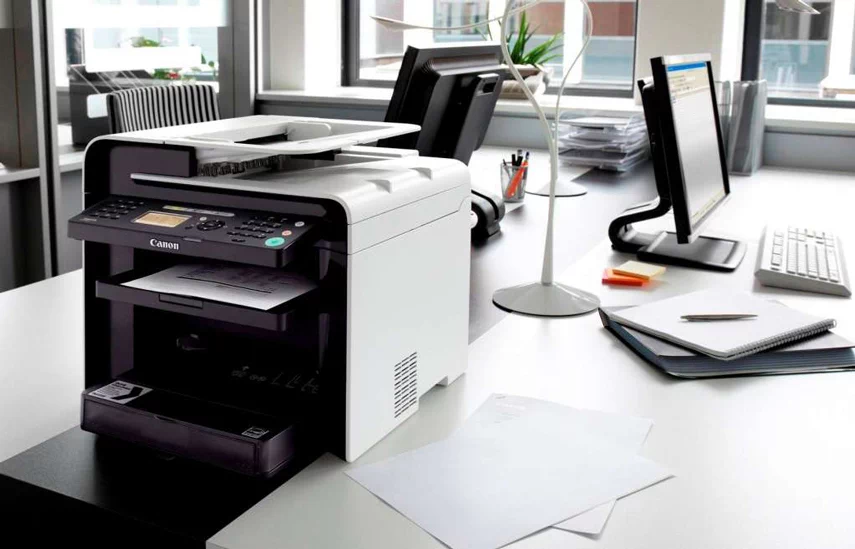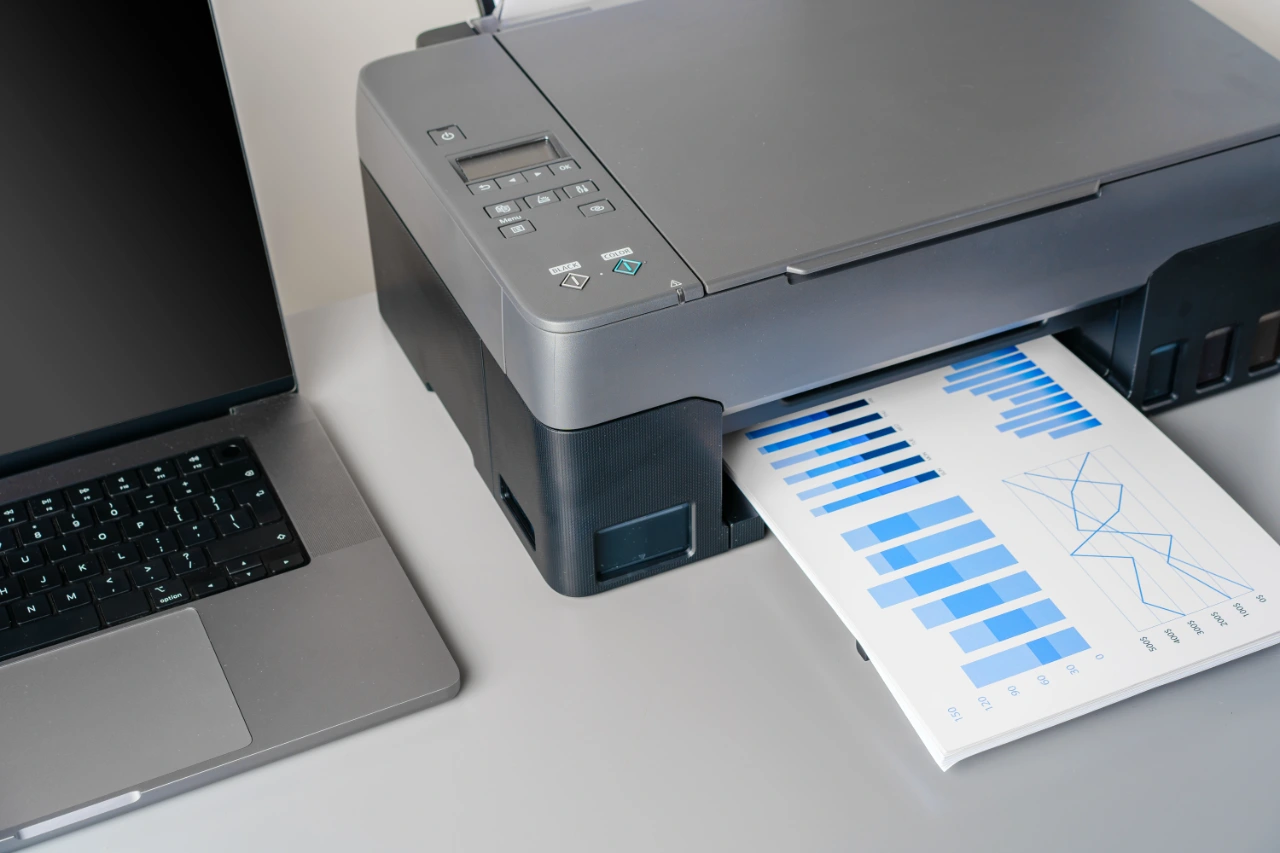Is your pc running slow, unresponsive, or just not performing as well as it used to? You’re not alone. Many users experience a gradual slowdown of their computers in 2025. Understanding why this happens and what you can do to fix it can transform your computing experience. Here, we dive into the top proven tips to make your computer run faster, complete with explanations on why these solutions to speed up your pc work and how you can easily implement them yourself.
12 Common Causes of Slow Computer Performance
Computers slow down for several reasons, many of which boil down to software and hardware inefficiencies. Understanding these reasons can help you identify and address performance issues effectively.
1. Accumulation of Unnecessary Files
Over time, your pc accumulates temporary files, system cache, and unused programs that clutter your hard drive and slow down operations.
2. Fragmented Hard Drive
On traditional hard drives, files can become fragmented, causing the drive to work harder to access data.
3. Outdated Software
Older versions of software may not run efficiently on current operating system and hardware.
4. Outdated Hardware
As software demands increase, older components like CPUs or GPUs might not run properly, resulting in significant performance issues. Upgrading components like your hard drive or adding more ram can have a substantial impact.
5. Insufficient RAM
Running many programs simultaneously can exhaust your ram, leading to sluggish performance.
6. Outdated Device Drivers
Drivers act as bridges between your hardware and operating system. Using outdated drivers can cause devices to malfunction and slow down your pc.
7. Malware and Viruses
Malware and viruses can severely impact your system’s performance, consuming system resources and causing instability.
8. Too Many Startup Programs
Programs that launch at startup can significantly increase boot time and make your pc feel slow right from the start.
9. Overheating
Dust and poor ventilation can cause overheating, leading to performance throttling to prevent damage.
10. Pending System Updates
Failing to install the latest windows updates or operating system patches can cause your system to miss out on vital performance boosts and security improvements.
11. Unnecessary Visual Effects
Modern operating systems include animations and effects that can drain system resources, especially on older machines.
12. Full Hard Drive
When your drive is nearly full, your computer’s performance can degrade, affecting virtual memory and background operations.
Top 12 Tips to Speed Up Your Computer
Below are the proven tips and solutions to speed up your pc and improve computer performance:
1. Clean Up Disk Space
Removing unnecessary files frees up disk space and reduces the workload on your system.
Here’s How: Use Disk Cleanup on Windows 10 and 11 or third-party free software like CCleaner to delete temporary files, system cache, and junk.
2. Uninstall Unnecessary Programs
Freeing up resources and drive space can significantly boost performance.
Here’s How: Go to Control Panel > Programs > Uninstall a Program and remove apps you don’t need.
3. Defragment Your Hard Drive
Defragmenting reorganizes fragmented data, making your hard drive more efficient.
Here’s How: Use the built-in Disk Defragmenter tool in Windows (Note: SSDs do not need defragmentation).
4. Upgrade Your RAM
Adding more ram allows your pc to handle more applications simultaneously without lag.
Here’s How: Check your computer’s specifications to determine the type and max capacity of ram, then install additional modules.
5. Update Your Operating System and Software
Keeping your OS and apps up to date ensures you have the latest performance boosts and security patches.
Here’s How: Use Windows Update or Mac Software Update to check for the latest versions.
6. Scan for Malware and Viruses
Malware can consume system resources and slow down your computer.
Here’s How: Use Windows Defender or a reliable antivirus to regularly scan and remove threats.
7. Manage Startup Programs
Reducing the number of programs that run at startup speeds up boot time.
Here’s How: Use Task Manager > Startup tab to disable programs you don’t need.
8. Clean the Physical Hardware
Dust buildup can affect cpu cooling and cause overheating.
Here’s How: Use compressed air to clean internal components. Make sure your pc has good airflow.
9. Adjust Power Settings
Power-saving modes can throttle cpu speed.
Here’s How: Go to Control Panel > Power Options > choose High Performance.
10. Upgrade to an SSD
SSDs significantly improve boot time and overall performance.
Here’s How: Clone your existing drive or do a clean install on a new SSD.
11. Optimize Your Network for Gaming
A slow network can cause lag and make your pc feel unresponsive.
Here’s How: Switch to wired Ethernet, update router firmware, close background apps using bandwidth, and prioritize gaming traffic in your router settings.
12. Windows Troubleshooting and Reset Options
Built-in troubleshoot and reset options can fix underlying software issues.
Here’s How: Go to Settings > Update & Security > Recovery and follow on-screen instructions.
Mac User? We Got You!
macOS is reliable but not immune to performance issues. If your Mac is slow, here are tips to make your laptop run faster:
- Clean Up Your Hard Drive
- Uninstall Unnecessary Applications
- Manage Startup Items
- Update macOS and Applications
- Optimise Storage
- Reduce Visual Effects
- Reset SMC and PRAM/NVRAM
- Free Up RAM
- Use Activity Monitor
- Upgrade Your Hardware
The Importance of Making Your Computer Run Faster
Implementing these tips to speed up your pc improves computer performance and prolongs hardware life. Regular maintenance like virus scans, updates, and removing unused programs helps your pc run faster every day.
Need help? Contact our support team for expert IT consulting services and reliable IT support solutions – we’ll professionally speed up your computer in 2025 and keep it running at its best.
FAQs
How often do I have to clean my computer’s hard drive to make space?
It depends on your usage, but a monthly disk cleanup is a good routine to follow. This helps free up hard drive space, remove temporary files, and improve your computer’s performance.
Will switching from HDD to SSD improve my pc performance?
Yes, moving from an HDD to an SSD delivers a major performance boost. You’ll notice faster boot time, quicker app launches, and a smoother overall experience on your windows desktop.
Does a virus scan slow down a computer?
During scans, some antivirus tools may use extra system resources, causing a temporary slowdown. However, routine scans help prevent malware that can significantly slow your pc over time.
Will 32GB of RAM make my computer faster?
It can, especially if you’re running many programs or memory-heavy apps. Adding more ram helps your system performance and prevents lag from high ram usage.
Should I overclock my PC for a performance boost?
While overclocking can increase clock speed and cpu output, it risks overheating and voiding warranties. It’s not recommended unless you’re experienced and have the proper cooling setup.




